Published 27/2/2019
Bas van Est is a traveling photographer who follows the sun around the globe in search of the perfect shot. Much of his focus is on the outdoors, ocean life and the stories of people he meets along the way. We talked to Bas about his journey through the different worlds of photography and his thoughts on colour, techniqe and the contrasting aspects of working with opthers to create great images.
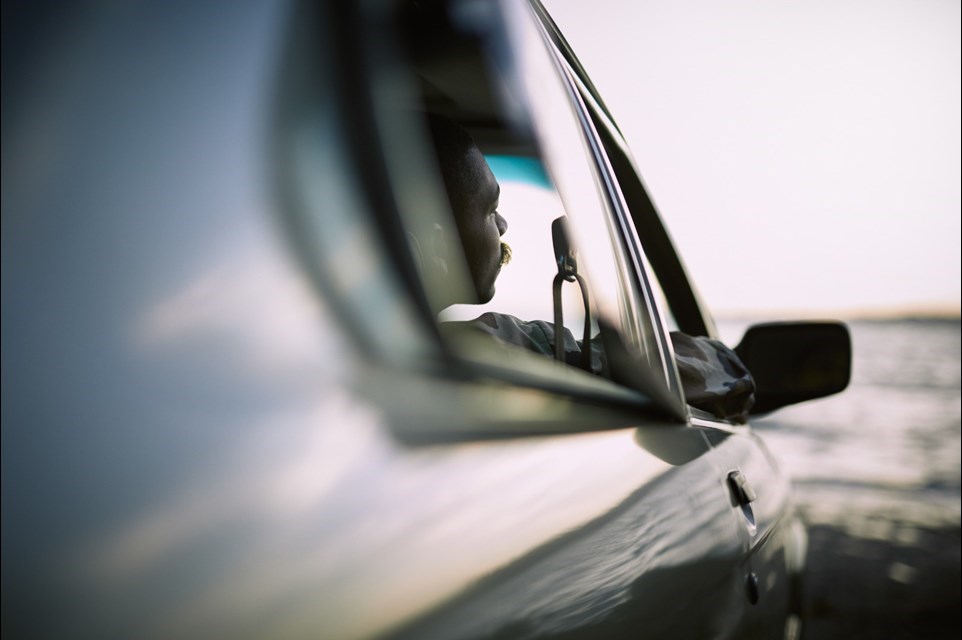
Tell us a bit about yourself, how you got started in photography and and what you like to shoot.
Alright...how long do you have?
I've always been more creatively inclined but still went ahead to complete my BA in environmental science at Vic uni in Wellington.Though as a fairly fresh dutchy it was more the school of learning english and how to be a kiwi. After graduating and a year and half stint working for a bank in an office I set off to South America for 6 months with some friends. I shot a lot over there, documenting our travels and sparking a proper interest in photography.
When I returned from my travels I was at crossroads, back to the office or back to study. The latter lead me to Southseas where I did a Photography Diploma and smashed it. I think I still hold the spot for the highest final grades. I'm not super smart but my attention and motivation was just relentless as soon as I found that this was exactly what I wanted to do.
I started by shooting lots of studio portraits when working at Kingsize studios and after purchasing a water housing, also branching out into surf photography. The rest is history.
Your photography has a lot of focus on activity and movement. How do would you describe the way you approach photographing these things?
I like to draw as much energy and texture out of an action shot as I can possible fit into 1 stand alone image. I think it works best to be super nimble and loose with the approach and I've drawn the most intimate & intense moments out of an action shot when when I've been fully in synch with the subject. You can do this in variety of ways but for me this means trying to get on the same energy level as they are, or encouraging them to the get to the level which I see will work best for the image.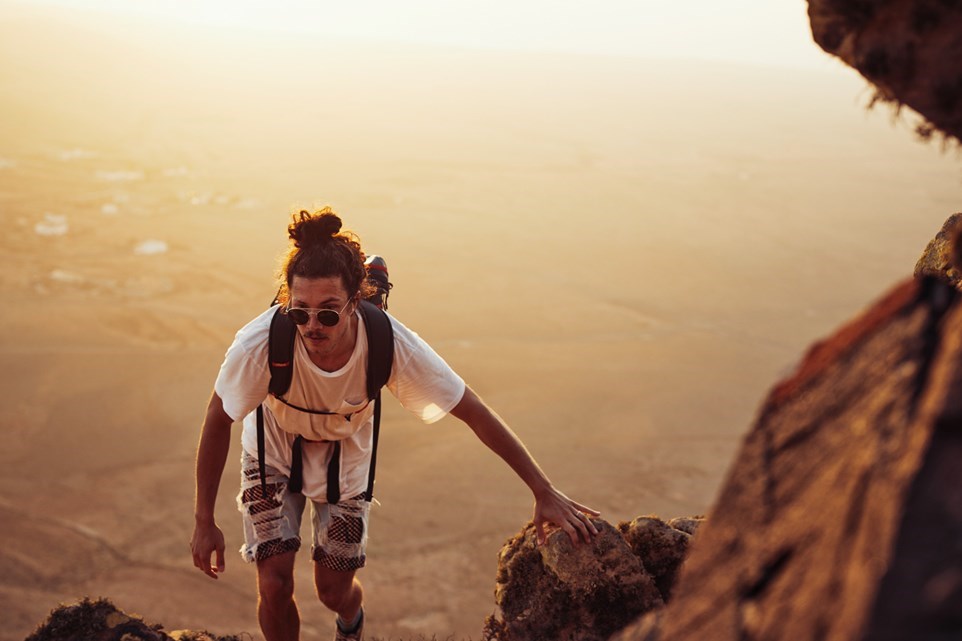
There is also reoccurring ocean themes. Talk about some of your approaches to photographing the sea.
Being by the ocean is very therapeutic for me and although I love shooting it as a landscape, particularly when there is a big change in weather, I always prefer to immerse myself entirely by shooting from the water. I'm really drawn to the unpredictability of shooting in the ocean and I don't think there is a realm more physically and technically challenging to shoot in. This practice transfers really well into a commercial context where you have to come up swimming when thrown well into deep (sorry for the bad pun)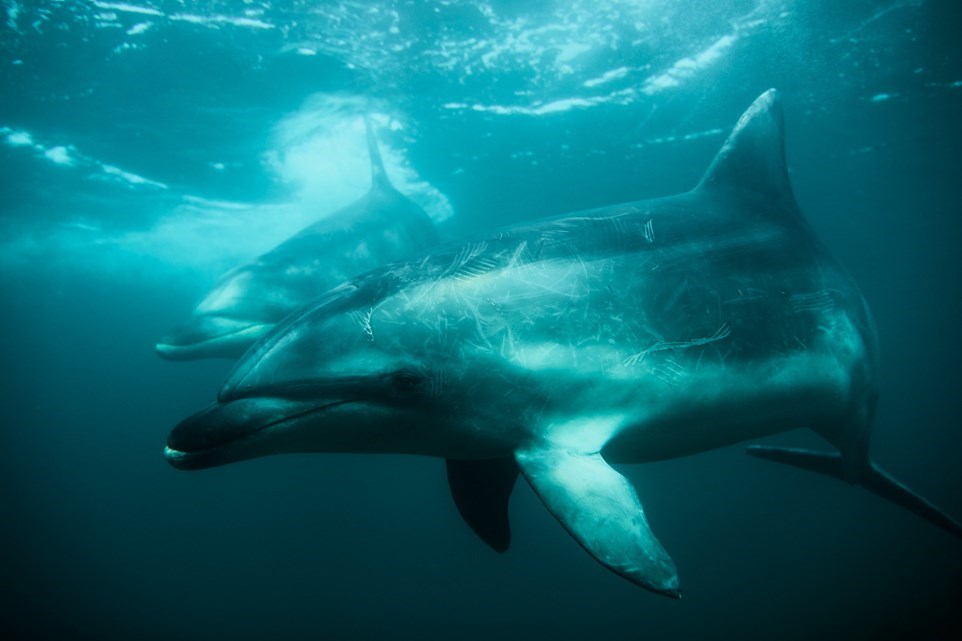
Your work is very colour focused. Talk about your perceptions of colour.
Colour sets the mood. Whether in camera or in post, working with colours or lack of is a tool to convey the right emotion for the image. Black and white and cool tones give a completely different vibe to the warm tones of a setting sun or a tungsten street light. Grading an image is a very fun way to elaborate on this mood...but, I think the key is to not overcompensate. This is a pretty broad description but I consider colour as important as the quality of light. If the two come together in one scene the potential for a strong image is high.
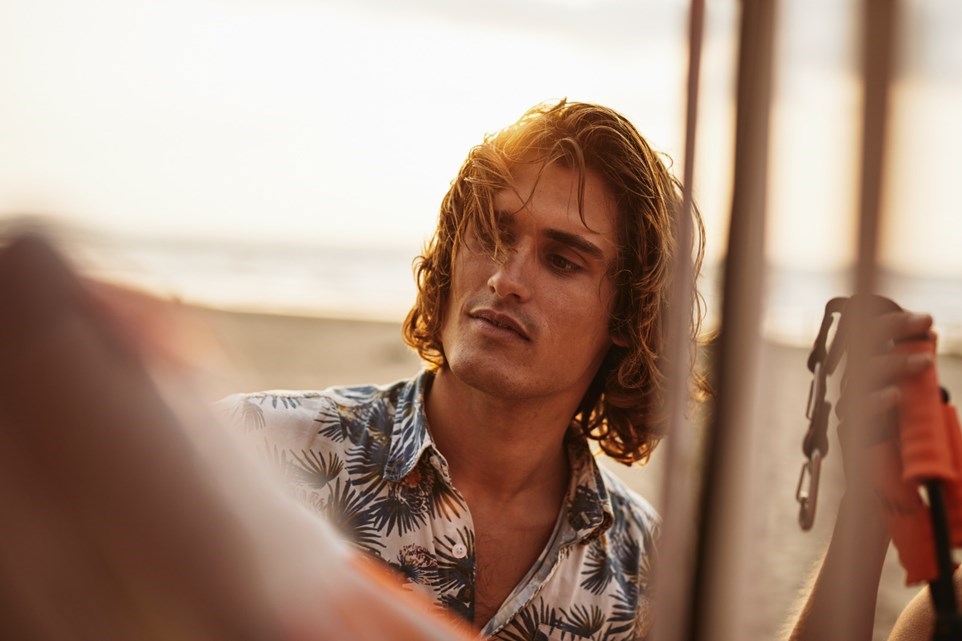
When is the right time to use Black and White?
I think the answer to this is too subjective to properly wrap up in a box with a label on it, but I think the more contrast the better when you choose a BW grade or film stock.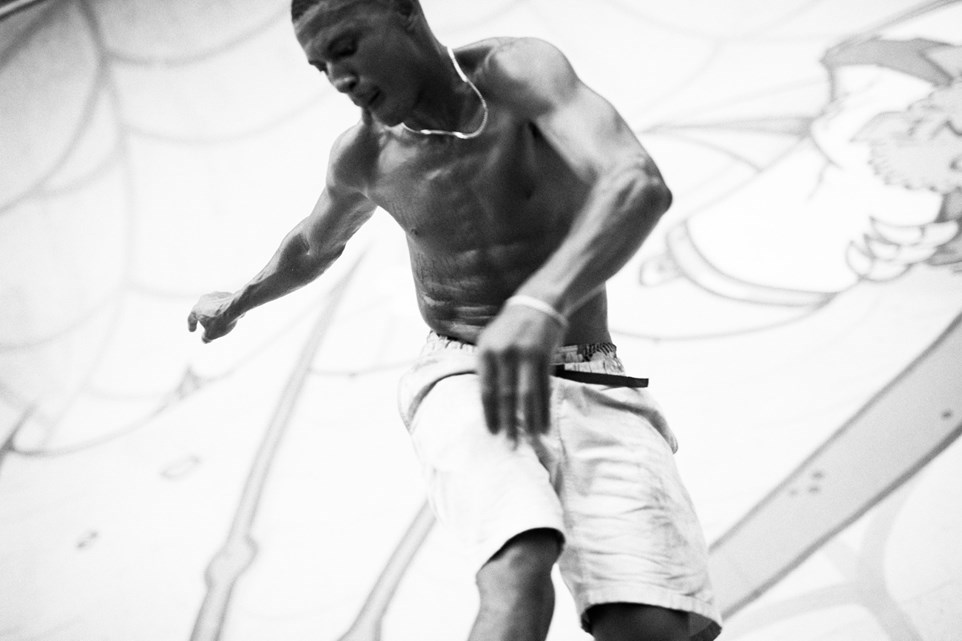
You shoot both people and places. What are the different head spaces that apply to the way you photograph one or the other?
Shooting people is more fluid, shooting landscape is more considered. When shooting people I love making an image feel like it's a cine still, a moment out of a motion piece.
This feel also applies to shooting places but with a landscape or cityscape your approach can be more structured. Your often further afar, a spectator of the happenings waiting for the right moment to come together for you to capture.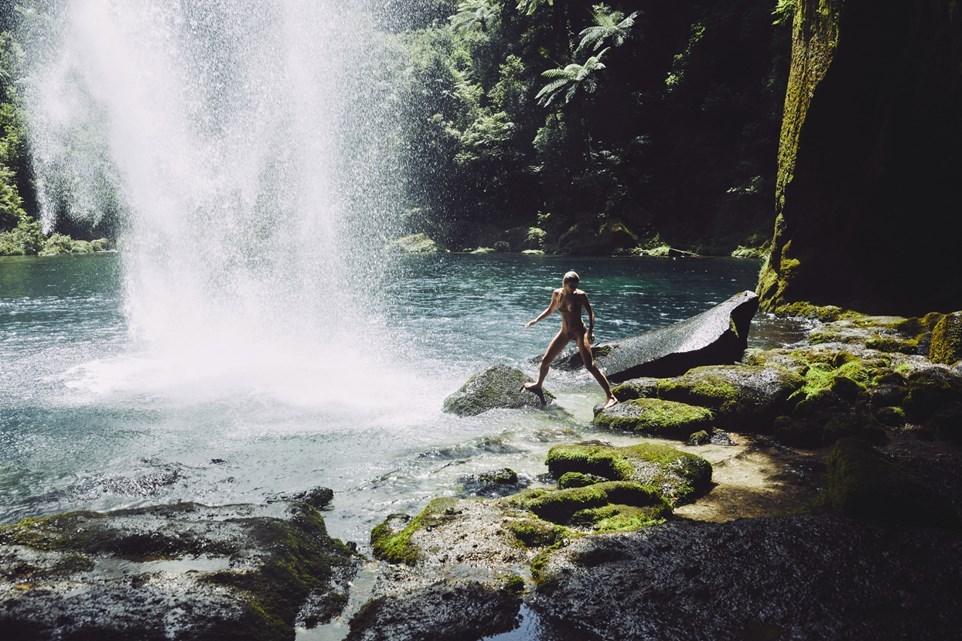
You’ve shot in many different places with significant social and cultural aspects. Tell us about some of the challenges you’ve faced in photographing these diverse environments.
I think since the introduction of camera phones and social media everyone is more weary of being photographed as they are unsure which platform they will end up for people to gawk at.
For this reason I love going to places in the world where mass tourism hasn't instilled this sense of camera anxiety yet. People in these places are much more open to being captured and when I get the chance I always ask for their contact details so I can send them the image afterwards.
I'm returning to the Middle East for the 4th time this coming March to work on a pretty exciting series. I have a bit of experience shooting over there but I still need to make sure I tread carefully so I don't insult anyone and get into trouble.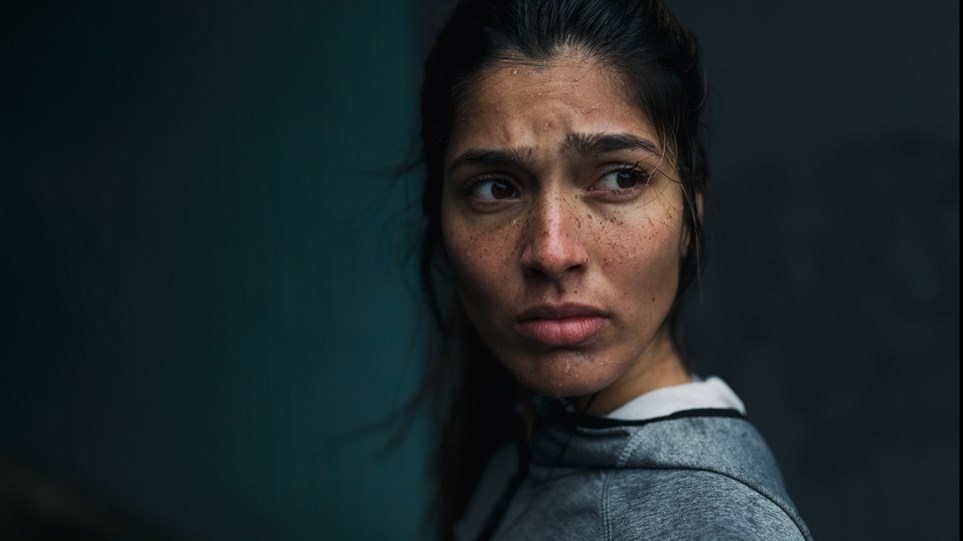
You photograph both in the commercial world and for personal development. Talk about the differences between the two from your perspective.
On a commercial shoot there is generally a higher production value (Unless your Gregory Crewdson) which in combination with a lot of good creative minds at work can make for some pretty epic results. Teamwork feels great because people look after parts of the shoot that I won't have the capacity to pay attention to. On the flip side the content can have the tendency to look contrived and controlled. But I think this is where there is a lot of energy required from the photographer to diffuse the scene and bridge the gap to a real life moment.
With my personal work there is less people on the shoot and usually documenting someone doing something they are comfortable with and passionate about. This imagery usually has a more genuine feel, despite the fact they are completely planned and staged, just like a commercial shoot.
What advice would you give to young photographers trying to break in to the commercial photography world?
Work at a studio or be a photo assist for at least a few years. Learn about the intricacies of the industry and get schooled up on as much gear knowledge as possible. It is absolutely invaluable work experience that will make you a much more well rounded photographer. It's what can set you apart from the rest which I think is quite important in a super competitive industry.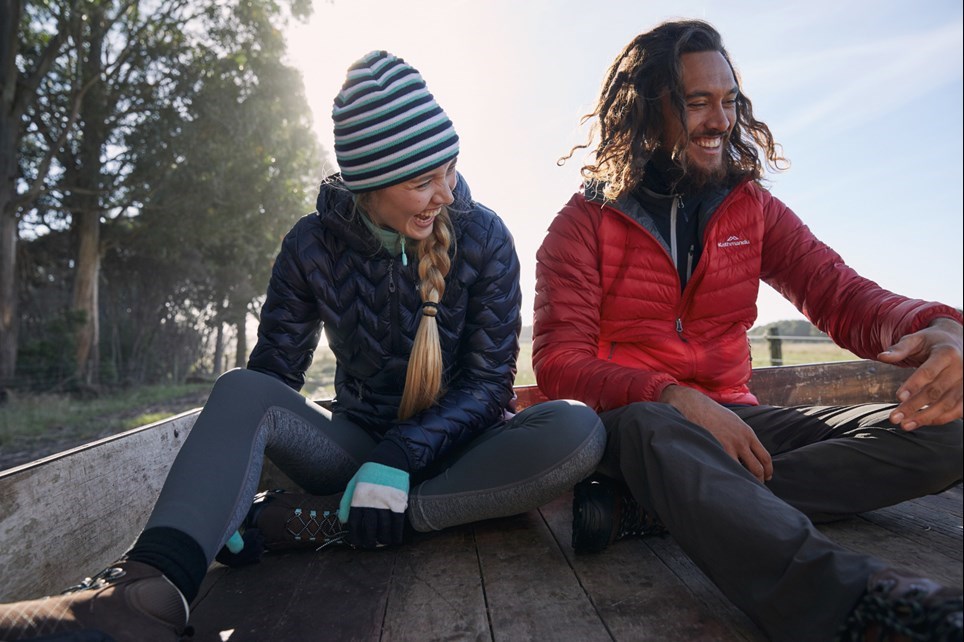
How important is social media and how does it affect the way you create?
It's a time waster...live outside of your phone please. haha!
I think it's beautiful tool to reach a wider audience with the work that you invest so much time and effort into. Also, seeing others post beautiful work can give me that extra boost to push on with my own work.
I see it as a necessary evil and I find the challenge of self control quite good. We live in a world of terrible temptations and I think patience and self control is a learning school that we can benefit from if we do not let it get to us.
That's a big if though eh!
What are some of the various shooting techniques/mediums you experiment with?
In general I think the world wants to see more grit, more texture, a more realistic representation of life. This can be through the use of old #35mm film, old cameras, new cameras with slow shutter speed, purposely (or fluke) out of focus subjects, choices of grading, collaging etc etc. This is at least how I see it right now and I'm on a mission to marry this together with a more polished commercial portfolio that I feel is required to get booked for commercial work.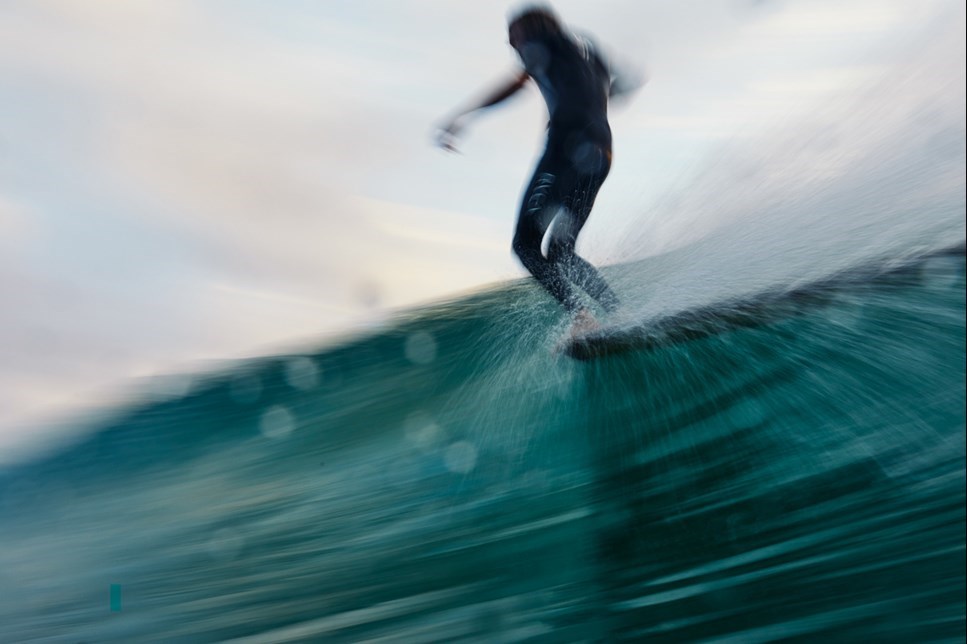
Which part of photography do you like best ie. Shooting, editing or something else?
I love it all. I feel like I'm literally weaving my life into my photography, as opposed to the other way around. My friends or family will tell you I get pretty restless in the morning and evenings, when the light is right. And when there is a project waiting to be edited I will be up till the early hours getting the first round of selects in.
What things do you do outside of photography that informs your creativity?
I feel most creative and driven when I sleep well, eat well and do exercise at least every second day of the week. I'm actually stepping this up a notch as I have quite a hectic travel schedule ahead and lots things to organise and do in the next few months.
Being in the ocean is the cure for all, so I always try make time for that...often at the cost of sleep and general productivity. The North Sea is 6 degrees right now though, so I'm getting lots of work done :)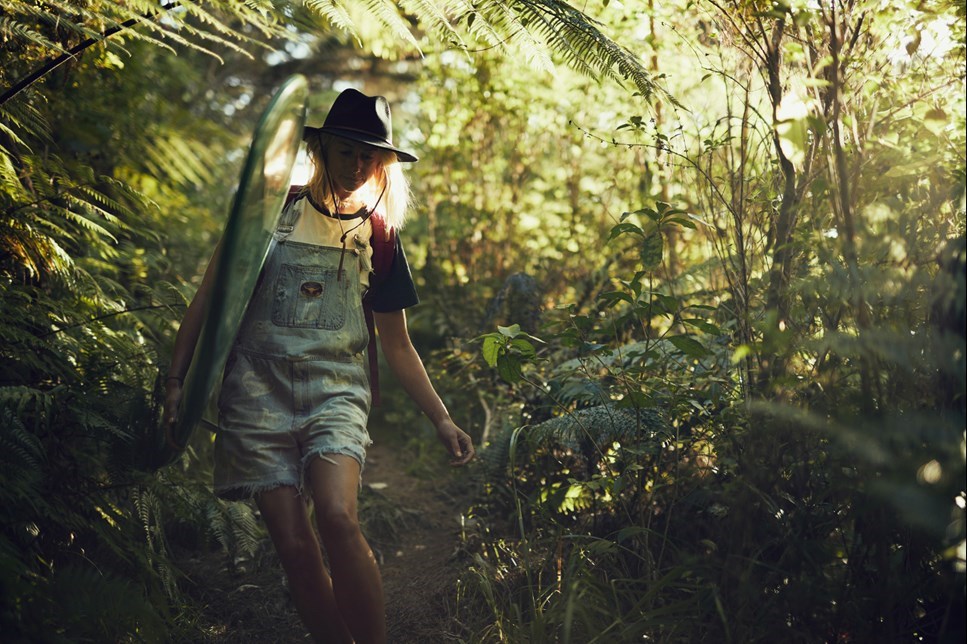
What’s your dream project?
I do sometimes wonder why we are worrying about what seem like super insignificant details when there is a world of trouble we should be looking out for.
So with that in mind I would love to work with NGOs on projects that bring attention to topics that need our immediate attention.
Next up on the dream shoot list is Fiji & New Zealand Tourism, anything to do with Patagonia and portraits of inspiring individuals around the world.
Gear Talk…What are you shooting with and why?
I have an Olympus Mju 2 and a Minolta CLE with a 40mm f2 Leica pancake lense on it which I like to carry around on the daily. I also try borrow medium format film cameras as I can't get enough of the image quality and I'm actually doing a long running personal project with this format.
My digi kit consists of the following:
Canon 5Dmk 4 & 5Dmk 3
Canon 35mm f1.4 mk2
Sigma Art 50mm f1.4
Canon 85mm f1.8
Canon 135mm f2
Canon 70-200mm f2.8
Canon 40mm f2.8 Pancake
I've always shot with Canon so I know it best, which is why I'm still with it. In my opinion knowing your camera inside and out makes it second nature and thus not something that requires attention when all your focus is needed for the shot. I do think Canon are a little bit behind Sony and Nikon on the sensor technology but it has not yet been an issue at all. We get FOMO when something epic and better comes out, but unless your clients are wanting to crop 40% of your frame and post it on a billboard, will you really need to make a change to a completely new system?
I'm personally a while away from shooting mirrorless and the files out of the Canon are high enough resolution for commercial purpose, and perform epic in sport conditions and low light. All of which suits what I shoot best!
I do wonder how long airlines will tolerate my overweight carry on luggage though....perhaps I'll change sooner than I think.
Find more of Bas's work:
www | www.basvanest.com
Instagram | @basvanest
Facebook | @vanestphotography

 +9 529 5055
+9 529 5055